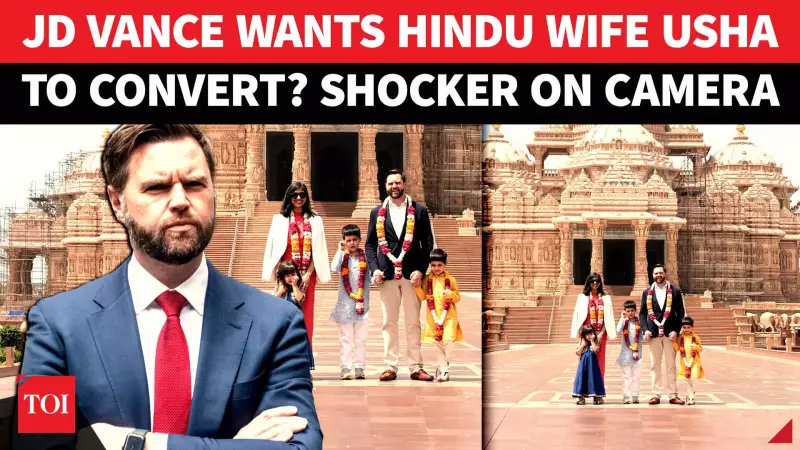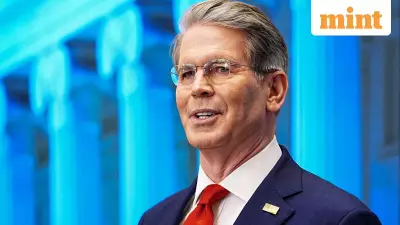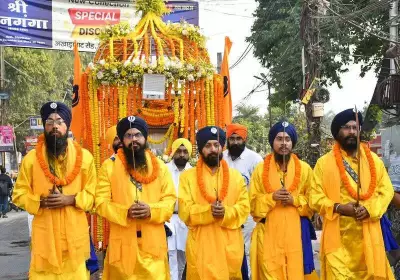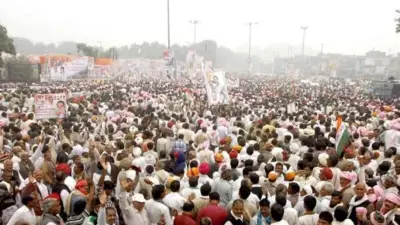
In a revelation that has sent shockwaves through political circles, Republican Vice Presidential candidate JD Vance has expressed his wish for his Hindu wife Usha to convert to Christianity, mirroring his own religious journey. The controversial comments, captured on camera, have ignited a fierce debate about religious tolerance and the boundaries of personal faith in political life.
The Viral Moment That Changed Everything
The explosive footage shows Vance discussing his wife's Hindu background and his hopes for her religious conversion. "I want Usha to convert like me," Vance stated, referring to his own conversion from nominal Christianity to Catholicism. The comments have immediately gone viral across social media platforms, drawing both support and condemnation from various quarters.
Who Are the Vances?
JD Vance, author of the bestselling "Hillbilly Elegy" and now Donald Trump's running mate, married Usha Chilukuri Vance, a Yale Law School graduate of Indian heritage. The couple, who met at Yale, has often been portrayed as the embodiment of the American dream - until now.
Usha Vance, a successful attorney at Munger, Tolles & Olson, has maintained her Hindu faith throughout their relationship. Her cultural background has been a point of interest in Vance's political narrative, making his recent comments particularly surprising to observers.
Political Fallout and Public Reaction
The timing of these revelations couldn't be more sensitive, coming during a heated election campaign where religious freedom and cultural diversity are key talking points. Political analysts suggest this could potentially alienate moderate voters and the growing Indian-American community, who have been watching the election closely.
Social media has erupted with reactions:
- Many Hindu organizations have expressed deep concern about the implications of such statements from a potential Vice President
- Supporters argue that Vance's comments reflect personal religious conviction rather than political policy
- Critics question whether this represents respect for religious diversity in American leadership
The Bigger Picture: Religion in American Politics
This incident raises fundamental questions about the role of personal religious beliefs in public life. While America has a strong tradition of religious freedom, the intersection of faith and politics remains a complex and often contentious space.
As the video continues to circulate online, the Vance campaign faces mounting pressure to address these comments directly. The coming days will reveal whether this becomes a minor controversy or a significant turning point in the 2024 election narrative.
What remains clear is that in today's hyper-connected world, even personal religious aspirations can become instant political flashpoints, forcing candidates to navigate the delicate balance between private faith and public responsibility.





